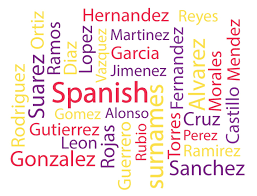 Spanish surnames (apellidos - they have two, one from their father and another from their mother) can be classified into four main types.
Spanish surnames (apellidos - they have two, one from their father and another from their mother) can be classified into four main types.
Knowing about the past allows us to learn a bit more about ourselves, where our culture comes from, what our history is, what our families were like.
[Image courtesy of Wikipedia]
All this has been concentrated into our surnames, a thread which tells us about our past.
 In an article for AS, the Spanish sports daily, journalist Marta Tejedor talks readers through the four categories.
In an article for AS, the Spanish sports daily, journalist Marta Tejedor talks readers through the four categories.
***
[AS]
I've edited Marta's article and translated it into English.
The original edited article in Spanish is here:
Spanish surnames - apellidos
***
Spanish surnames are divided into four types: find out which type your surname belongs to
By Marta Tejedor
2 minutes read
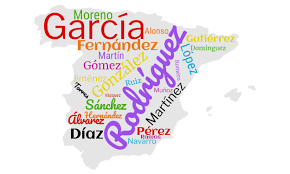 According to the newspaper OK Diario, experts have created four main types of Spanish surnames into which they can be classified.
According to the newspaper OK Diario, experts have created four main types of Spanish surnames into which they can be classified.
Depending on the category they belong to, the surname in question can provide certain information about its origin.
[ElPlural.com]
Among these categories are patronymic surnames, toponymic surnames, surnames derived from common names, and surnames derived from trades or professions.
Which type of surname does yours belong to?
Patronyms
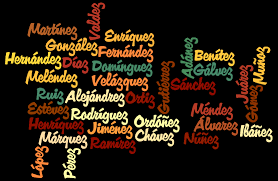 This type of surname indicates the name of the father or ancestor from whom it originates.
This type of surname indicates the name of the father or ancestor from whom it originates.
They are very common in Spain and in some Spanish-speaking countries.
Among them, some stand out, such as Pérez, which means “son of Pedro”; Sánchez, “son of Sancho”; or Fernández, “son of Fernando.”
[Facebook]
This type of surname usually ends in -ez, -az, -iz, -oz, -uz.
Toponyms
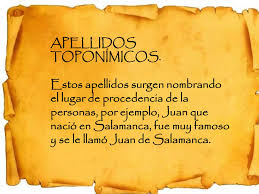 This category includes all surnames whose meaning indicates the place of origin or residence of the bearer or their ancestors, according to YouTube.
This category includes all surnames whose meaning indicates the place of origin or residence of the bearer or their ancestors, according to YouTube.
Interestingly, some examples of these surnames are Torres, Castellano, or Castillo, all of them originating from Castilla. Other examples are Navarro and Navarrete, both originating from Navarra.
[Slideshare]
Derived from common names
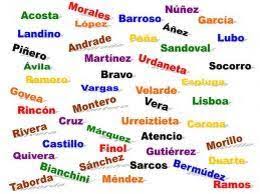 Very similar to patronyms, this category of surnames is based on some physical, moral, or religious trait of the bearer or their ancestors.
Very similar to patronyms, this category of surnames is based on some physical, moral, or religious trait of the bearer or their ancestors.
The surname Rubio is a clear example of how a physical trait of an ancestor has been passed down to their descendants. Other examples, like Bravo, originated from a brave act or from people considered courageous. Cruz, for example, can mean 'executed' or 'devoted to the cross.'
[Euribor hoy]
Derived from trades or professions
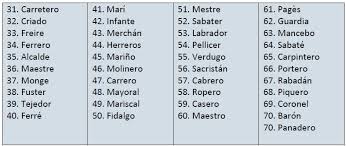 In this category are all surnames whose meaning relates to the occupational or social activity of the bearer or their ancestors.
In this category are all surnames whose meaning relates to the occupational or social activity of the bearer or their ancestors.
Some examples are Tejedor, Pastor, Herrera, or Molina, the latter coming from the work of a miller.
[Letra 15]
But there are not just these four types: there are also surnames that come from nicknames based on the bearer’s nickname, such as in the cases of Largo or Gordo.
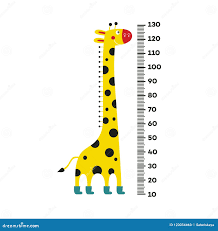

Largo [Cartoon courtesy of Dreamstime] Gordo [Cartoon courtesy of Freepik]
***
Note: A similar article was published in Spanish here:
Spanish surnames - apellidos
© Paul Whitelock
Images:
AS, Dreamstime, ElPlural.com, Euribo hoy, Facebook, Freepik, Letra 15, Slideshare, Wikipedia, YouTube,
Acknowledgements:
Don Pablo, Paul Whitelock, Wikipedia
Tags:
apellido, Castellano, Castilla, Castillo, “cruzado”, Bravo, Cruz, Delgado, “devoto de la cruz”, English, Fernández, Gordo, Herrera, “hijo de Fernando”, “hijo de Pedro”, “hijo de Sancho”, Largo, Marta Tejedor, Molina, molinero, Navarra, Navarrete, Navarro, OK Diario, Pastor, Pérez, Rubio, Sánchez, Spanish, "Spanish Matters", surname, Tejedor, Torres,